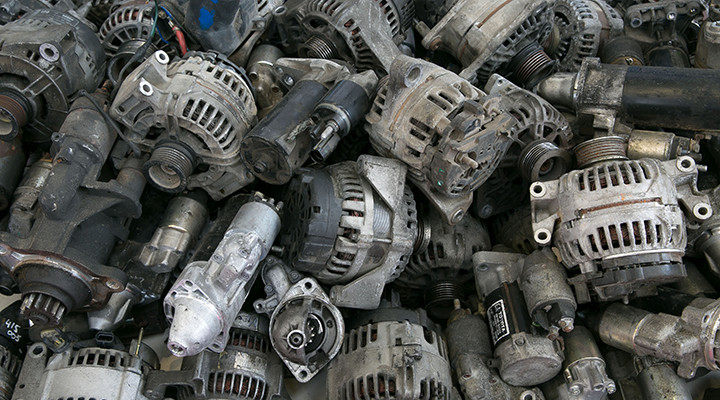New European survey highlights remanufacturing
The European Remanufacturing Network estimates the current size of the European remanufacturing industry to be just under €30 billion, employing around 190,000 people.
The extensive market study from the European Remanufacturing Network, however, shows that with supportive governmental policies and industry investments, the industry could grow to €90bn by 2030 and employ as many as 255,000 people.
Europe’s manufacturing powerhouse Germany, undertakes the most remanufacturing by a significant margin, making up almost a third of European remanufacturing turnover, the study says.
Remanufacturing
Remanufacturing is considered an important component of a resource-efficient manufacturing industry and a key strategy within the circular economy: by keeping components and their embodied material in use for longer, significant energy use and emissions to air and water can be avoided. Despite these benefits, remanufacturing is currently an undervalued part of the industrial landscape and an under-recognised sustainable industry. Without coordinated support, European remanufacturing could lose competitiveness against major competitors, like the USA and China, who already have a common vision and strategy for remanufacturing. ERN’s market study is a first step in mapping the potential of remanufacturing in Europe.
ERN will add value for (aspiring) remanufacturers by mapping the challenges of remanufacturing business models, product design and processes.
Competitive advantage
“The top motives for businesses to remanufacture are higher profit margins, environmental responsibility, a strategic advantage and increased market share. These all point to an encouraging view of the future of the remanufacturing industry from those within the business”, says Seigo Robinson, Senior Consultant at Oakdene Hollins, the UK consultancy which leads the European Remanufacturing Network.
Other motives include a secure spare parts supply, potential to lower product prices, opportunities through alternative business models, reduced resource security risk, customer pressure, asset and brand protection and reduced lead times.
The study further identified customer recognition, availability of ‘cores’ (used parts to be remanufactured into new products), quality of cores and high labour costs to be key barriers to remanufacturing.
The first of a series of ERN workshops will take place on January 21 in Bayreuth, Germany.
About ERN
ERN is funded by the Horizon 2020 framework programme of the European Union and managed by an international consortium of remanufacturing experts including the University of Strathclyde in Scotland, Fraunhofer in Germany, Linköping University in Sweden, VTT Technical Research Centre in Finland, Grenoble INP in France and Delft University of Technology and Circle Economy in the Netherlands.



